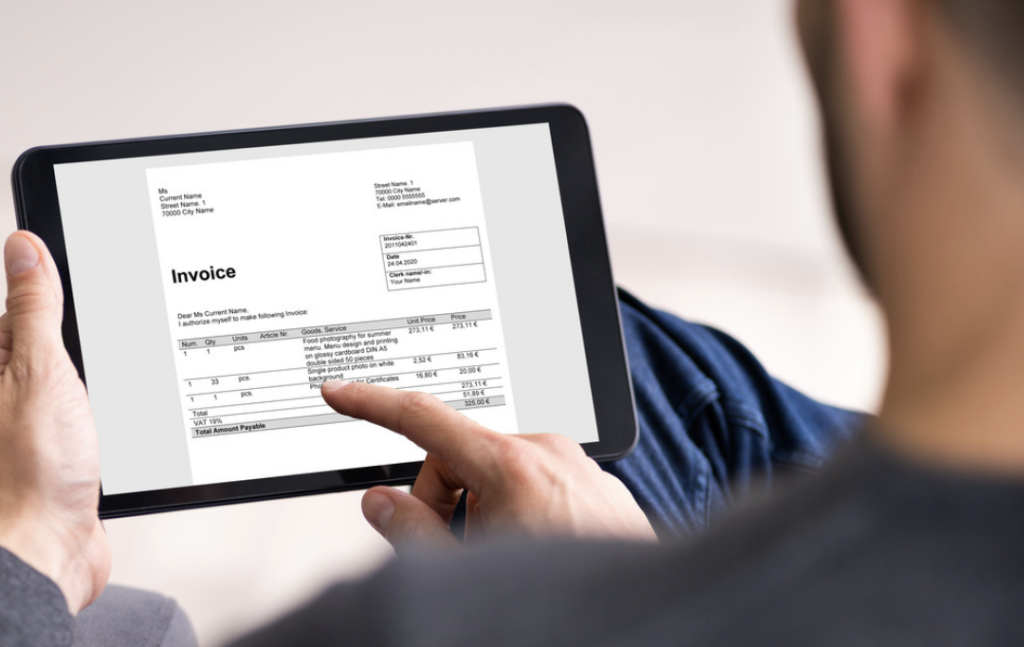All Belgian companies subject to VAT will have to use structured electronic invoices for their business-to-business (B2B) transactions from January next year. Paper and PDF invoices will be replaced by structured invoices exchanged directly between companies' software.
The obligation aims to reduce the VAT gap and digitise the Belgian economy. This will put Belgium one step ahead of European regulations, which will become mandatory for intra-community transactions from 1 July 2030.
"Although e-invoicing will become mandatory from 1 January next year, too few companies are prepared for it," said Federal Minister for the Self-employed and SMEs Eléonere Simonet (MR). "E-invoicing offers many benefits, such as saving time and costs, but it also ensures smooth day-to-day management for our 1,200,000 businesses."
Secure network
E-invoicing offers several benefits for the 1.2 million companies that are subject to VAT in Belgium. These include lower costs, higher efficiency (as automated processing reduces errors and speeds up payments), and better security. Furthermore, the new fully secure system prevents abuse and attempted fraud.
Structured electronic invoices will be exchanged via the secure Peppol network. This facilitates the transfer of standardised business documents between companies.
Companies should ensure that their invoicing software is compatible with Peppol to meet future obligations. In preparation for the mandatory transition, companies should evaluate their current invoicing system, use software that supports Peppol and prepare their staff for the new procedures of electronic invoicing.

Credit: Jakub Zerdzicki/Unsplash
There are also tax breaks available for companies to adopt this new form of invoicing. Since 1 January 2025, the digital investment deduction increased to 20%. Additionally, for the taxable periods from 2024 to 2027, SMEs and self-employed people using subscription formulas will be able to apply an increased deduction of 120% for billing packages and consultancy costs incurred to comply with the new obligations.
To ensure a smooth transition and to support businesses in this transition, the Federal Finance and Economy departments are launching an awareness campaign via this website, which provides a very detailed FAQ, a contact page and a roadmap.
"This awareness campaign is a very good thing. The move to e-invoicing will be a big change for companies, to the benefit of their efficiency, so it is important to support them in this process," said Federal Finance Minister Jan Jambon (N-VA). "To encourage them, companies can already use tax breaks, such as the deduction for digital investments or the increased deduction of 120% for billing packages."

